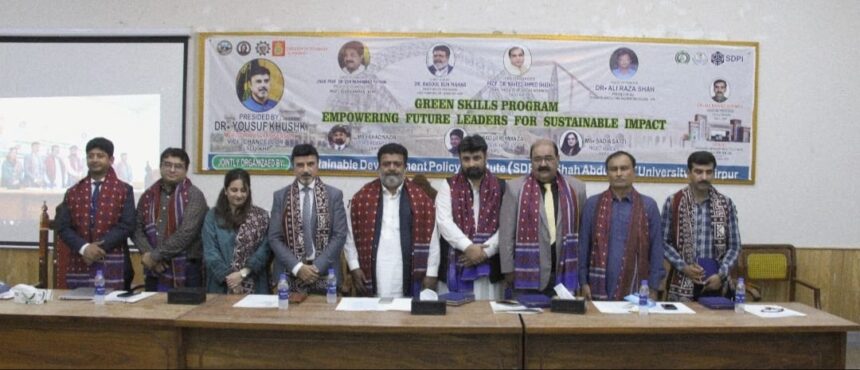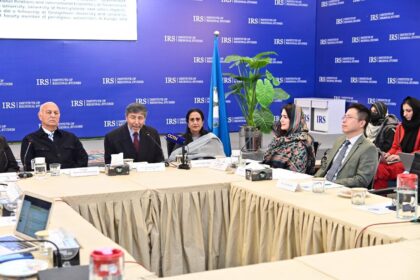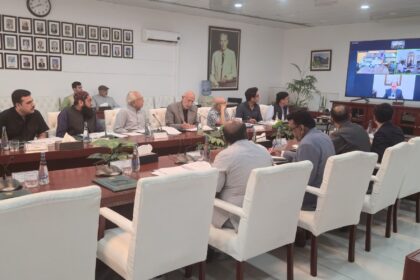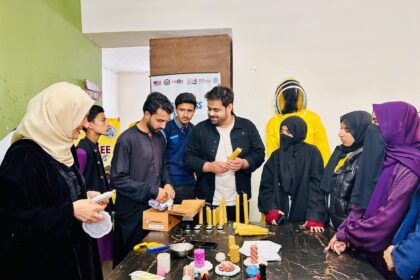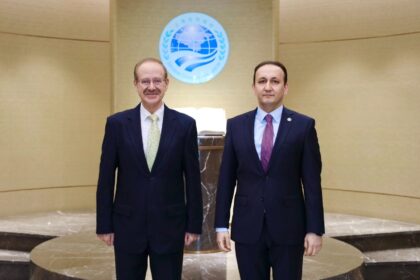Experts are urging Pakistan to accelerate power sector reforms and modernize the country’s electricity grid to boost industrial growth and remain competitive in global markets. At a recent policy dialogue in Karachi and Islamabad, industry leaders and policymakers highlighted the need for rationalized power wheeling frameworks, investments in smart green grids, and deeper renewable energy integration to meet international trade requirements and support export-driven industries.
The event, jointly organized by the Sustainable Development Policy Institute and the Overseas Investors Chamber of Commerce and Industry, explored how transitioning to a competitive electricity market through the Competitive Trading Bilateral Contracts Market (CTBCM) and associated wheeling regulations can break the dominance of the current single-buyer system. This shift is seen as crucial for unlocking reliable, clean, and affordable power—key ingredients for strengthening Pakistan’s industrial competitiveness globally.
Abdul Aleem, Secretary General of OICCI, stressed that access to cost-effective and sustainable energy is essential for industries, particularly those reliant on exports such as textiles. He warned that pending reforms risk leaving Pakistan behind as international regulations like the EU’s Carbon Border Adjustment Mechanism start affecting global trade. He also called for mainstreaming sustainability and decarbonizing both industrial processes and the country’s grid.
Ayla Majid, President of ACCA Global and CEO of Planetive, emphasized the importance of aligning power sector reforms with industrial strategy. She noted that while power wheeling is common internationally, Pakistan’s approach must ensure transparent, cost-reflective tariffs and support for renewable energy if the reforms are to be successful. Without updated planning and system charges, she cautioned, industries could continue to face high tariffs and persistent supply issues that harm competitiveness.
Panelists including Mujtaba Khan of Reon Energy pointed out ongoing technical challenges such as frequent outages and reliability gaps that inhibit renewable energy integration. He identified distribution companies as the weakest part of the system and argued for a coordinated approach to reforms covering generation, transmission, and distribution. Khan concluded that meaningful impact depends on broad, systemic changes across the sector.
Muhammad Aamir Ghaziani of K-Electric advocated for privatizing transmission and distribution networks as a way to attract investment, boost efficiency, and create equitable access to energy. Dr. Khalid Waleed of SDPI highlighted the necessity of reforms that balance competitiveness with consumer welfare and called attention to the importance of low-carbon verification across industrial supply chains to meet global demands. He emphasized that social safeguards must be part of reforms to maintain public trust and avoid inequities.
Ahmad Qazi, Senior Director at the Independent System and Market Operator (ISMO), clarified the organization’s commitment to creating a fair and transparent electricity market as part of the CTBCM transition. He acknowledged that market liberalization must factor in stranded costs but argued these will eventually be outweighed by benefits such as lower electricity prices and reduced public subsidies.
Engr. Ubaid ur Rehman Zia of SDPI pointed to the rapid expansion of solar photovoltaic installations across Pakistan’s industrial, residential, and agricultural sectors, with net metering capacity recently reaching 8,000 megawatts. He emphasized that continued integration of these energy sources with the national grid requires significant investment to ensure flexibility and reliability.
Concluding the discussion, Engr. Ahad Nazir of SDPI underscored that investment in new power generation directly fuels economic development. He advocated for careful implementation of liberalized markets like CTBCM, stressing that consistent policies, coordinated governance, and broad stakeholder participation are critical for advancing Pakistan’s clean energy transition and achieving long-term industrial competitiveness.




